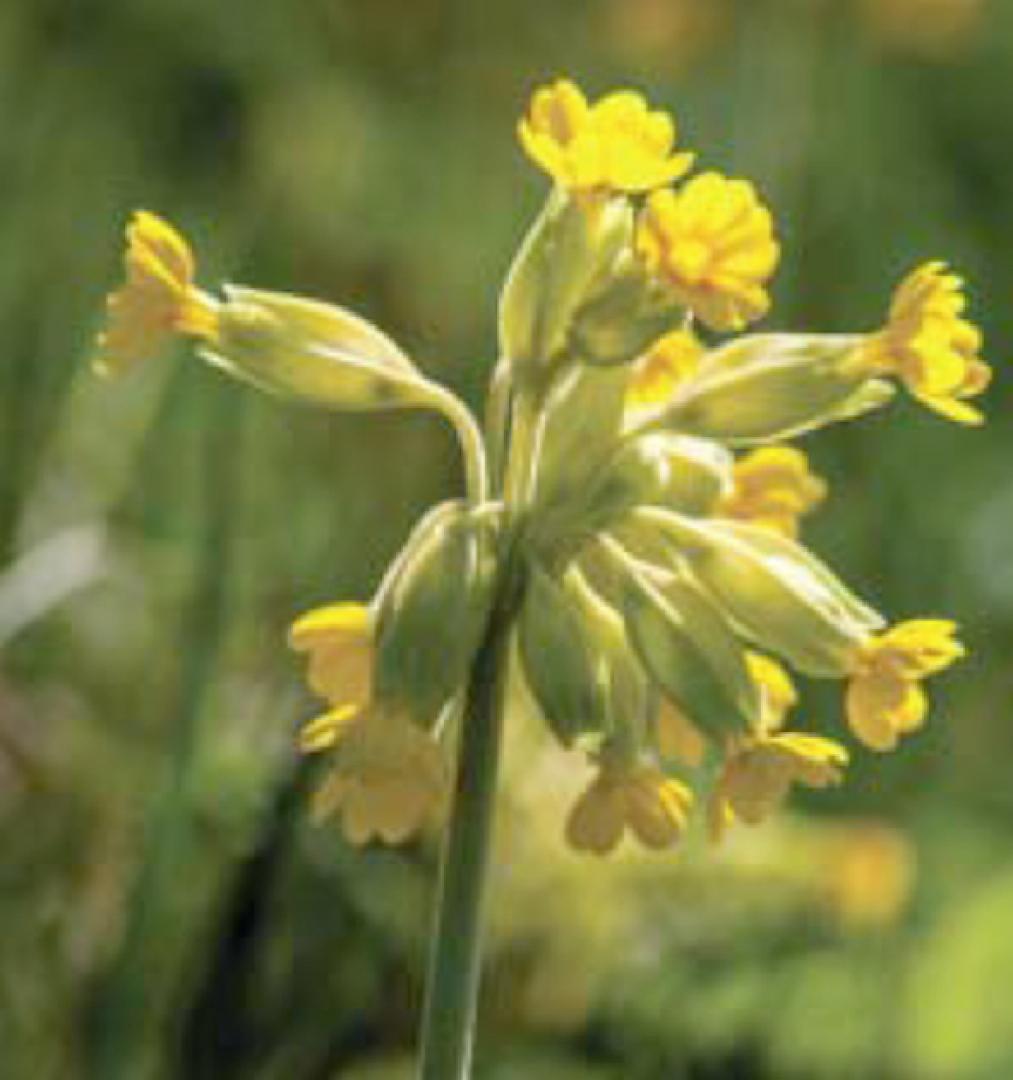DURING the past year, many people have been out walking more frequently than normal and may have noticed some of the wild flowers we have.
Here in Teesdale we are fortunate to have some very rare plants. For some of our special plants we are at the northern part of their range, so they don’t grow in Scotland where the climate does not suit them. For others, we are at the southern end of their range as they don’t grow south of here.
Climate change is affecting out native Teesdale plants which have been declining for many years now.
Here are some of our favourite special Teesdale plants which flower in April:
Marsh marigold (Caltha palustris)
Also known as Mayflower, this is the bloom that gave its name to the ship the Pilgrim Fathers sailed to America in.
Where to find it: Wetland areas.
Wood anemone (Anemone nemorosa)
A slow spreading wild flower that carpets woodland floors. Because of this, if you see lots it’s likely you are in ancient woodland.
Where to find it: Ancient woodland.
Cowslip (Primula veris)
Often grows near cowpats, or where the cow’s “slupped” . Food plant for the rare Duke of Burgundy butterfly caterpillar.
Where to find it: Grassy places.
Herb-robert (Geranium robertianum)
Pretty but smelly. According to one theory it was so-named by a botanist as an insult to a “Robert” he knew.
Where to find it: Hedgerows and woods.
If you are interested in learning more about botany then you are very welcome to join a Zoom meeting of the Upper Teesdale Botany Group. The next meeting is at 7pm on Monday, March 29, and the subject is Fruit, Flowers and Fish in Hardanger, Norway, presented by Dr Tom Gledhill.
The presentation concentrate on the flowers on the Hardangervidda, a mountain plateau with lots of arctic alpine flora, some of which also occurs in Teesdale.
There will be a botanical discussion led by one of our experts looking at smaller botanical families including the primrose and gentians.
To join the Zoom meeting please contact Dr Margaret Bradshaw on the email address mebhilltop @btinternet.com, so that we can invite you to the meeting.
Kate Keen is a member of the Upper Teesdale Botany Group
ADVERTISEMENT
Flora and fauna: A special time of year for dale’s flowers
ADVERTISEMENT
ADVERTISEMENT
ADVERTISEMENT






